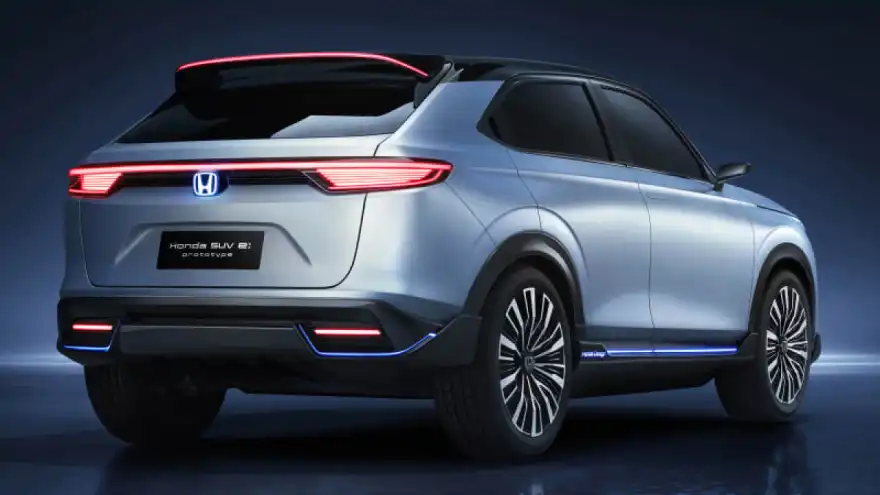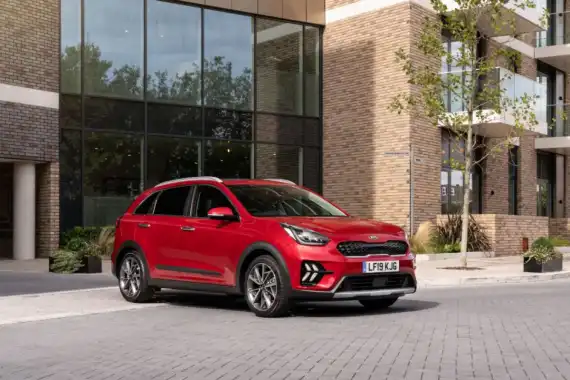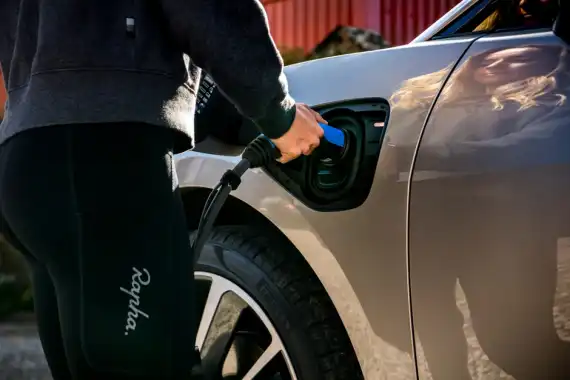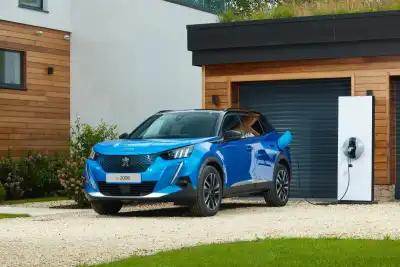
One of the primary reasons that people in the UK buy an electric car is to save money. There are a number of reasons why it can be a lot cheaper to own an electric vehicle compared to a petrol or diesel car, so we’re going to break down the key areas you can save money.

Cost of charging an electric car vs fuelling a petrol car
A fully charged battery is considerably more affordable than a full tank of petrol.
As an example, if your petrol car averages 40 mpg, and petrol is priced at 185 pence per litre, 200 miles of travelling will cost you £41.63 in fuel.
Contrast this with the likes of the Vauxhall Corsa-E, which has a 50 kWh Lithium-Ion battery that is capable of up to 209 miles on a single charge. That 50 kWh battery costs roughly £9.50 in electricity to charge from 0-100% using a standard domestic energy rate of 19p/kWh.
While this example is extremely simplistic, it shows that for the distance travelled, reducing your cost of fuelling by 75% is achievable. In real world

Cost of maintaining an electric car vs maintaining a petrol car
When compared to a petrol or diesel car, an electric car is a lot easier to look after, and therefore they are less expensive to own and run. The majority of parts needed to keep an electric car moving are stationary, whereas a petrol or diesel engine is full of moving mechanisms.
The list of moving parts in a petrol car is seemingly endless. Cambelts, timing belts, spark plugs, fuel pumps, cooling systems, pistons, radiators and exhaust systems can all need repairing or replacing in a vehicles lifetime.
None of these parts exists in an electric car, so the list of potentially costly repairs is considerably slimmer when maintaining an electric vehicle.
Electric cars also use their electric motor for regenerative braking. This is where the motor decelerates the wheels themselves, using the kinetic energy to recharge the battery. This, in turn, relieves a lot of the stress that would typically be put under the brake pads, which therefore are less susceptible to wear and tear over time.
Brake pads and discs will still need repairing and replacing however this will be less often than on a petrol car.

Cost of taxing an electric car vs a petrol car
Road tax, or ‘Vehicle Excise Duty’ is a tax based on the emissions of your vehicle, the cost of the vehicle and the year in which was registered. This is one of the main areas where electric vehicle owners can make a significant saving over petrol or diesel car owners.
All fully electric vehicles are exempt from Vehicle Excise Duty as of April 2020, and there is no sign of that changing anytime soon. This is because they emit zero tailpipe emissions and it works as an incentive to get motorists to buy fully electric cars.
So if you’re wondering how much you’ll save in road tax when comparing a petrol or diesel car to an electric car, you’ll save 100% of the fossil-fueled car’s tax rate.
There is also a Premium Supplement tax rate for vehicles that are worth over £40,000 when bought new. This works out as £335 a year from the vehicles second tax payment until its fifth, working out at a total of £1,340. A fair share of modern electric vehicles have a list price of over £40,000 but this ‘expensive car tax’ does not apply to zero-emission vehicles.
So, if you’re considering a £50,000 electric car or a £50,000 petrol car, not only do you make a 100% saving on the Vehicle Excise Duty due to the premium based on emissions, but you also save £1,340 over the course of 5 years due to the relief based on the value of the vehicle.




